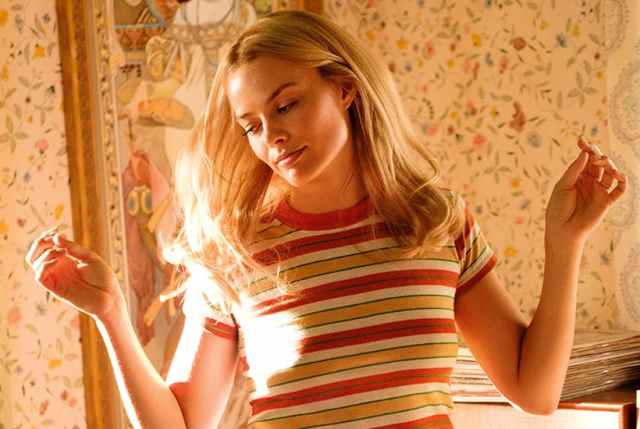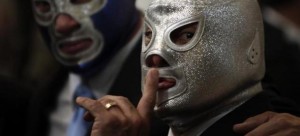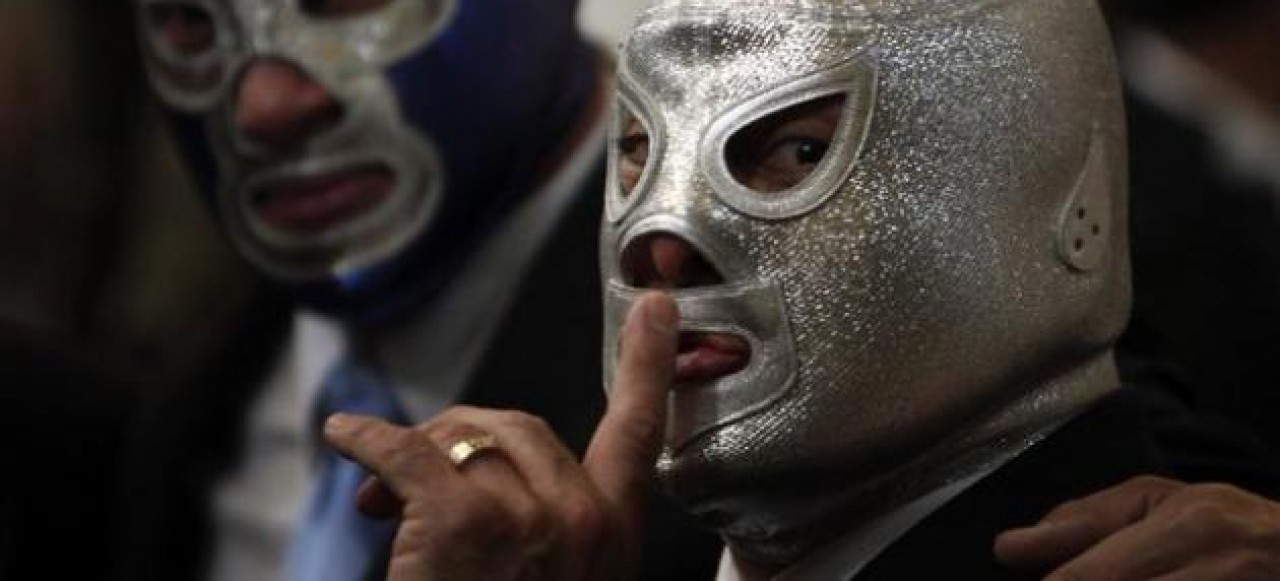
Quentin Tarantino’s ninth film, Once Upon A Time In Hollywood, is his masterpiece. There, I’ve said it.
It almost feels glib to make such a bald, bland statement about this often breathtakingly complex work, but if this is to be his penultimate movie (and his tenth and final film will be “epilogue-y” as the director recently stated), then he has left us with something that not only stands as a brilliant expansion and culmination of his cinematic style and obsessions but also as arguably the most intricate and layered film in his body of work.
It’s a beautiful and elegiac love letter to not only Hollywood but also international filmmaking, it uses a potentially troublesome real-life tragedy and gives it catharsis in the most surprisingly touching and tender way, and it presents a simple bromance that eventually reveals itself as something deeper.
Set across two brief moments six months apart, Tarantino shows us a Hollywood in transition, beset by television, the dying embers of the studio system giving way to the bright flames of New Hollywood, the encroachment of international films and indeed, of the death of the 1960s as an ideal, we’re introduced to fading star Rick Dalton (Leonardo DiCaprio) and his stuntman-cum-personal driver-cum-gopher, Cliff Booth (Brad Pitt).
As the two weave their way through dwindling career opportunities, we meet their mirror opposite, Sharon Tate (Margot Robbie), whose star is on the ascendant and ready to burn brightly. As Al Pacino’s Hollywood producer offers Dalton a lifeline in Italy to feature in Spaghetti Westerns and Euro-spy movies, Tate glimpses the wonder of her craft and the two threads play out with some of Tarantino’s most perfectly measured storytelling since Jackie Brown (now my second favourite film from the director), all the while magnificently slowly building towards the tension and violence of the era-ending and personal tragedy we know is about to unfold.
DiCaprio continues his run as a driven, fearless performer, handling every level of Dalton’s movie star bragadoccio and insecurities with ease, never failing to find the most human of reactions, while Pitt further reveals himself to be the character actor in a movie star’s body those of us with more attuned tastes have always known him to be. His role could easily have played as unlikable or even offensive, but he strides across this with his easy going charm, leaving us with an arresting and enjoyable ambiguity.
Pitt and DiCaprio make for such an impeccable screen teaming that if it wasn’t so all-fired perfect here already, I’d be begging to see more. But their transition from employer and employee to deep friendship is so beautifully bittersweet that I can’t see any other, future pairing as anything more than anti-climatic.
There has been much criticism of Tarantino’s handling of Margot Robbie’s Sharon Tate, with many saying she is underused. This is, of course, complete nonsense (as is the storm in a tea cup over Bruce Lee’s role in the story, which willfully misunderstands the nature of the film). Tate is the joyful glue that binds the film, an even more impressive feat of both writing and acting considering many of her scenes see the character playing not off others, but reveling in her life, by and for herself, in the moment before her Hollywood stardom explodes.
Robbie, the writing and direction of her, gives us a wonderful character and a heartfelt tribute to the real life actress. The scene of her watching herself on a Westwood cinema screen, delighting in not only her own performance (made even more multi-faceted by the fact we see the real Tate) but also in the reactions of the audience around her, has instantly become one of my favourite Tarantino sequences from all of his films. Rather than marginalize the actor, Tarantino has the confidence in his star to let her carry this all out wordlessly.
It’s a scene which also stands as one of two moments in particular (though I suspect further viewings will reveal more) which startlingly play with perceptions of how, and perhaps even why, we watch films in ways I’m still trying to unravel, but this and DiCaprio’s incredible address to himself in his mirror where he instead makes perfect eye contact with the audience were genuinely spine-chilling.
The playful blending and juxtaposition of films in our real world and films in Tarantino’s reel world is also sure to leave film lovers with examination and critique that will no doubt reward, infuriate and entrance for decades to come.
Tarantino’s films all pay off with multiple viewing, but this is a genuine treasure chest which unfolds to reveal multiple levels of jewels which will catch the light to reveal themselves the more we look into it.
Standing as a love letter to Hollywood and an ode to that town’s ever-changing tides of filmmaking, as an ode to the end of an era, as the reclamation of a terrible real-life crime and celebration of the life of the woman involved in that event, as a charming buddy movie examination of the changing dynamics of friendship and as an investigation of cinema and our relationship to it, Once Upon A Time In Hollywood really is Tarantino’s most emotionally mature and singularly impressive work.
It’s also the first Tarantino film to bring a tear to my eye, with a quite beautiful, and delicate closing scene which perfectly encapsulates what the film is: a Hollywood fairy tale, with all the romance and darkness of the very best fairy tales.
In fact, it’s his masterpiece. There, I’ve said it again.
*You can read more about the cinematic legacy of Charles Manson here.


Very shortly this website will be famous amid all blogging and site-building
people, due to it’s good articles or reviews
LikeLiked by 1 person
How kind of you to say so. Many thanks, we aim to please.
LikeLike